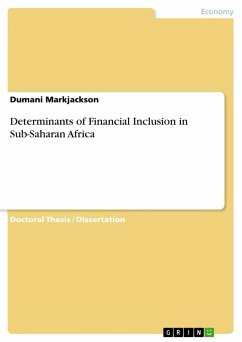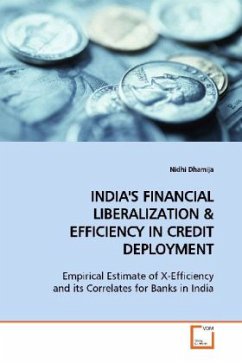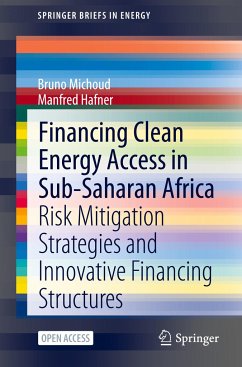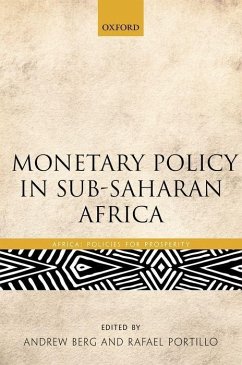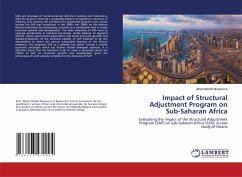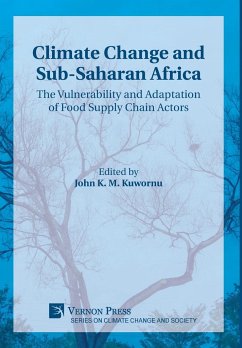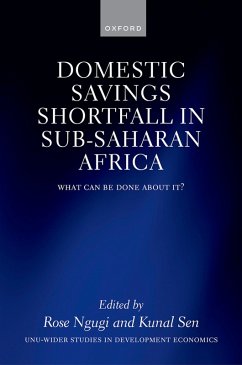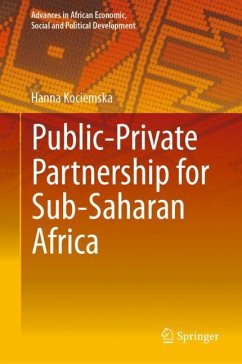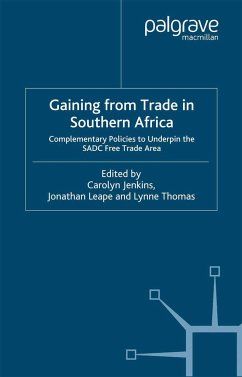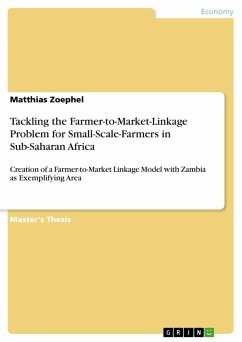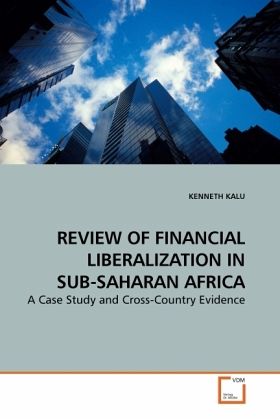
REVIEW OF FINANCIAL LIBERALIZATION IN SUB-SAHARAN AFRICA
A Case Study and Cross-Country Evidence
Versandkostenfrei!
Versandfertig in 6-10 Tagen
45,99 €
inkl. MwSt.

PAYBACK Punkte
23 °P sammeln!
This study provides cross-country evidence and a case study on financial liberalization in Sub-Saharan Africa. Using a newly constructed database of financial liberalization, the study shows that participation in an International Monetary Fund (IMF) program increases the likelihood of financial liberalization in the average country in the sample. Furthermore, there is evidence to support the learning hypothesis, which posits that a country is more likely to implement financial liberalization if a big country in the region (described as a regional leader) has implemented financial liberalizatio...
This study provides cross-country evidence and a case study on financial liberalization in Sub-Saharan Africa. Using a newly constructed database of financial liberalization, the study shows that participation in an International Monetary Fund (IMF) program increases the likelihood of financial liberalization in the average country in the sample. Furthermore, there is evidence to support the learning hypothesis, which posits that a country is more likely to implement financial liberalization if a big country in the region (described as a regional leader) has implemented financial liberalization. Good economic performance, represented by increasing GDP, reduces the likelihood of financial liberalization in the average country. Similar to the cross-country evidence, case-study analysis shows that Nigeria s participation in IMF program, as well as the ideas and beliefs of senior policy makers in Nigeria, were significant factors leading to the implementation of financial liberalization in that country.



